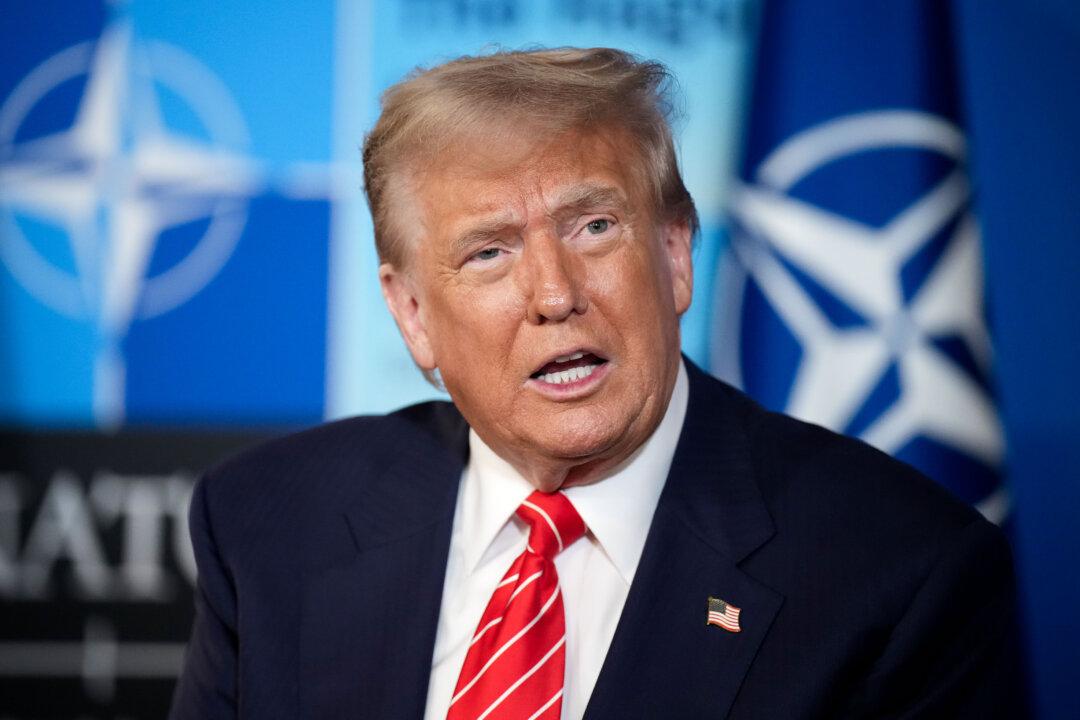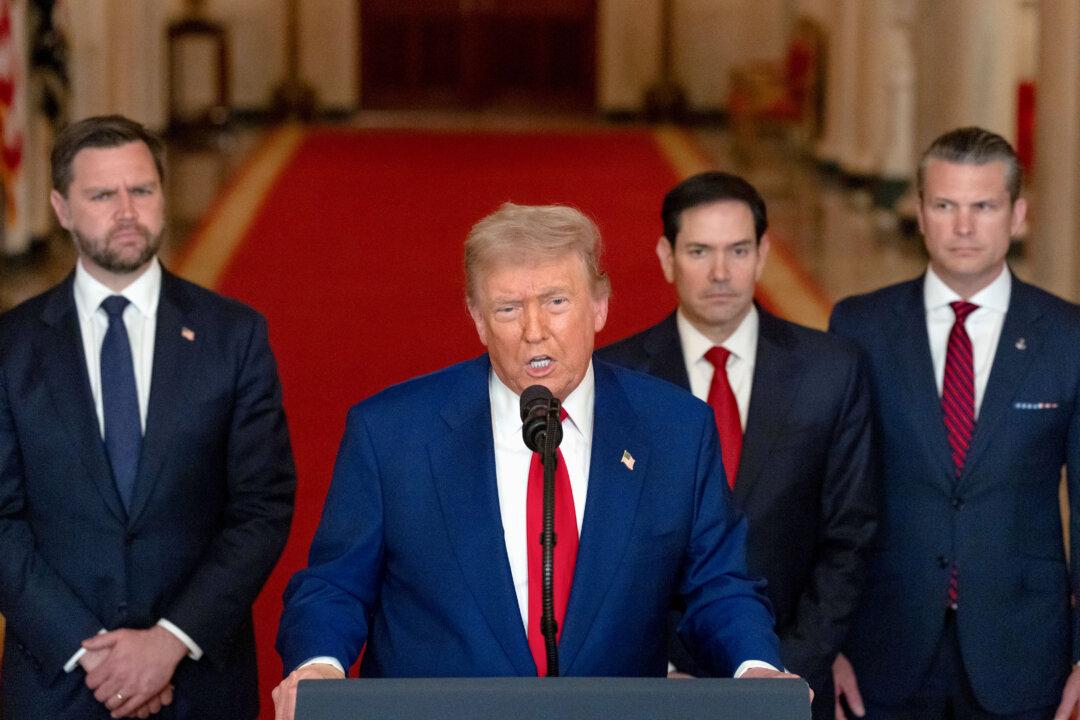Israeli warplanes began carrying out airstrikes across Iran in the early morning hours on June 13 in what Israeli Prime Minister Benjamin Netanyahu cast as a critical measure to protect his nation.
In his address, Netanyahu said that Iran had stockpiled enough highly enriched uranium to result in nine nuclear warheads, and that Iran could produce its first warhead in just a few months.
Netanyahu vowed the Israeli strike operations would continue “for as many days as it takes to remove this threat.”
The full extent of the damage cannot be independently verified at this time, but the Israeli military said it has relied on high-quality intelligence to precisely target aspects of Iran’s nuclear program.
In his video address, Netanyahu said the strikes targeted the leading Iranian nuclear enrichment facility at Natanz, and an individual he described as Iran’s leading scientist working on nuclear weapons.
“We also struck at the heart of Iran’s ballistic missile program,” Netanyahu said in his televised address.
Israel Braces for Retaliation
As Israeli warplanes launched their offensive operations on Iran, the Israeli military began advising its citizens to take shelter in anticipation of an Iranian retaliation.“Civilians of Israel, I can’t promise absolute success—the Iranian regime will attempt to attack us in response. The expected toll will be different to what we are used to,” Israeli Lt. Gen. Eyal Zamir said.
In a Friday morning press statement, Iranian Supreme Leader Ayatollah Ali Khamenei said Israel “must expect a severe punishment.”

US Denies Involvement
“Tonight, Israel took unilateral action against Iran. We are not involved in strikes against Iran and our top priority is protecting American forces in the region,” U.S. Secretary of State Marco Rubio said shortly after the attack began.While Rubio denied U.S. involvement in the military operation, he said Israeli officials informed the U.S. government that they believed the attack was necessary for their national self-defense.
It’s not clear exactly how much the U.S. government knew about the Israeli operation before it began.
President Donald Trump faced questions about whether an Israeli attack was imminent during a bill-signing ceremony on June 12.
“I don’t want to say imminent, but it looks like it’s something that could very well happen,” the president replied.
Following the Israeli attack, Rubio said the Trump administration had taken further steps to protect U.S. forces in the region, and remains in contact with regional partners.
US Lawmakers’ Mixed Reactions
Operation Rising Lion has drawn a mixed response from U.S. lawmakers.“We back Israel to the hilt, all the way,” Cotton said.

Sen. Rick Scott (R-Fla.) expressed hope for the safety of Americans in the region and for the success of the Israeli attack on Iran.
Sen. Jack Reed (D-R.I.), the top Democrat on the Senate Armed Services Committee, said the Israeli operation further endangered the region.
“Israel’s alarming decision to launch airstrikes on Iran is a reckless escalation that risks igniting regional violence,” Reed told reporters. “These strikes threaten not only the lives of innocent civilians but the stability of the entire Middle East.”
Rep. Joaquin Castro (D-Texas) said the Israeli attack was a “pure sabotage” of Trump’s efforts to restrain Iran’s nuclear ambitions by diplomatic means.








